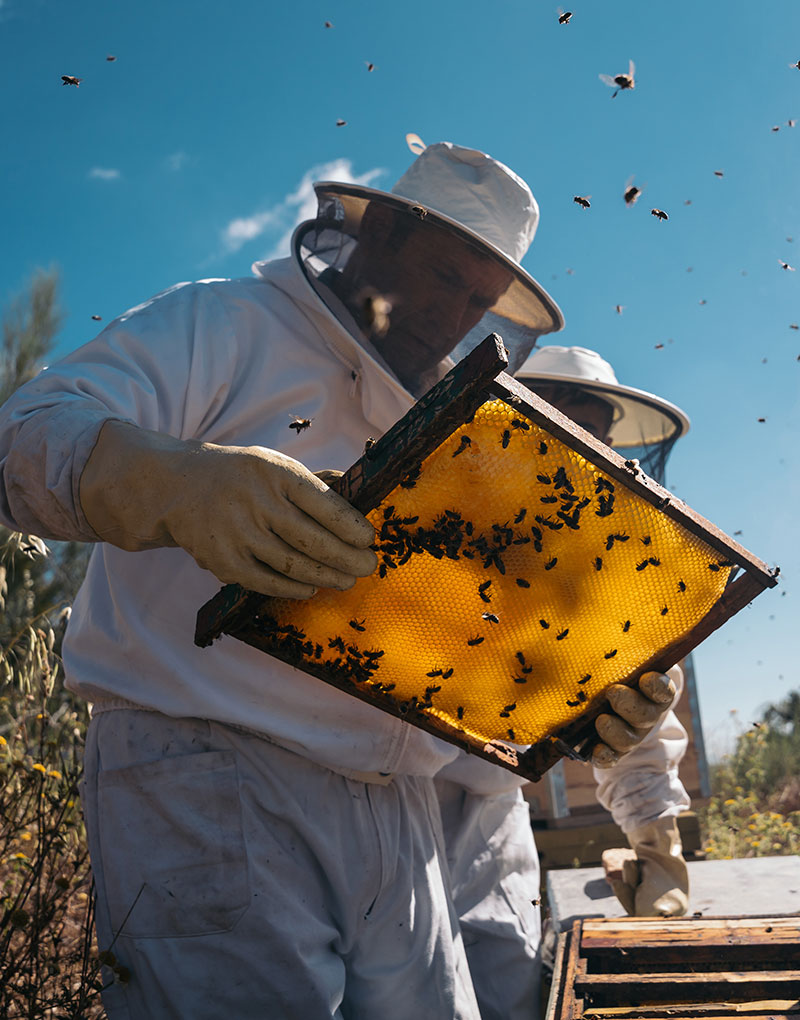Honey is nature’s best golden treasure.
Honey is nature’s best golden treasure. It can be used as anything from food, as a beverage, and even as a topical cream to treat skin conditions. In fact, honey is used in a clinical setting today, mostly because of its natural antibacterial properties.
Manuka honey, in particular, is widely considered the most potent type of honey out there.
How Is Manuka Honey Used?
Scientifically, manuka honey is used as a topical ointment. It’s especially useful in treating small wounds, scars, and burns.
There’ve also been claims of manuka honey being used to treat a lot of conditions. This includes everything from high cholesterol to diabetes, as well as gastrointestinal problems. However, we advise that you take this information with a grain of salt. There isn’t exactly a lot of evidence backing up these claims.
In fact, even though doctors do actually use manuka honey in a clinical setting, you shouldn’t apply it as first aid just yet.
We’ve seen a lot of people do this, and it’s wrong. Raw and unpasteurized manuka honey is different from what the doctors use. They use manuka honey that’s been specifically prepared to be used as a dressing. It’s been sterilized and guaranteed to be clean so as not to aggravate wounds and even cause bacterial infections.
What Do Researchers Say about Manuka Honey?
According to the Natural medicines Comprehensive Database, honey is listed as a “possibly effective” solution to treating wounds and burns. Other researchers note that you can use and apply it on top of wounds in place of more traditional dressings to help speed up the healing process.
Again. Take this information with a grain of salt. It’s not scientifically disproven, but it also hasn’t been proven yet.
Some studies suggest that you can use manuka honey to help treat oral diseases and reduce plaque buildup. Some also claim that there’s evidence showing that manuka honey can help reduce the esophageal inflammation caused by traditional cancer treatments, chemotherapy, and radiation.
One thing we’d like to point out about honey is that, unlike antibiotics, it doesn’t seem to create resistant bacteria.
“Superbugs”, as they’ve been called, is the term used by many to describe bacteria that have developed some degree of resistance to typical antibiotics due to repeated exposure to ineffective treatment plans and methods.
Unfortunately, as we’ve mentioned multiple times already, manuka honey is good, but you shouldn’t go all-in on it just yet. It hasn’t been subject to a more extensive and large-scale study just yet.
We don’t really know if manuka honey really is responsible for the improvements shown in people with high cholesterol, diabetes, or cancer, as claimed.
Does Manuka Honey have Side Effects?
Yes. Manuka honey has side effects. This includes the possibility of having an allergic reaction upon application or ingestion. This is especially true if you’ve been proven to be allergic to bees or pollen or both.
Regularly ingesting manuka honey has also been attributed to a spike in blood sugar in patients.
There’s also enough evidence suggesting that manuka honey can affect and interact with other types of medicine. This includes chemotherapy drugs.













